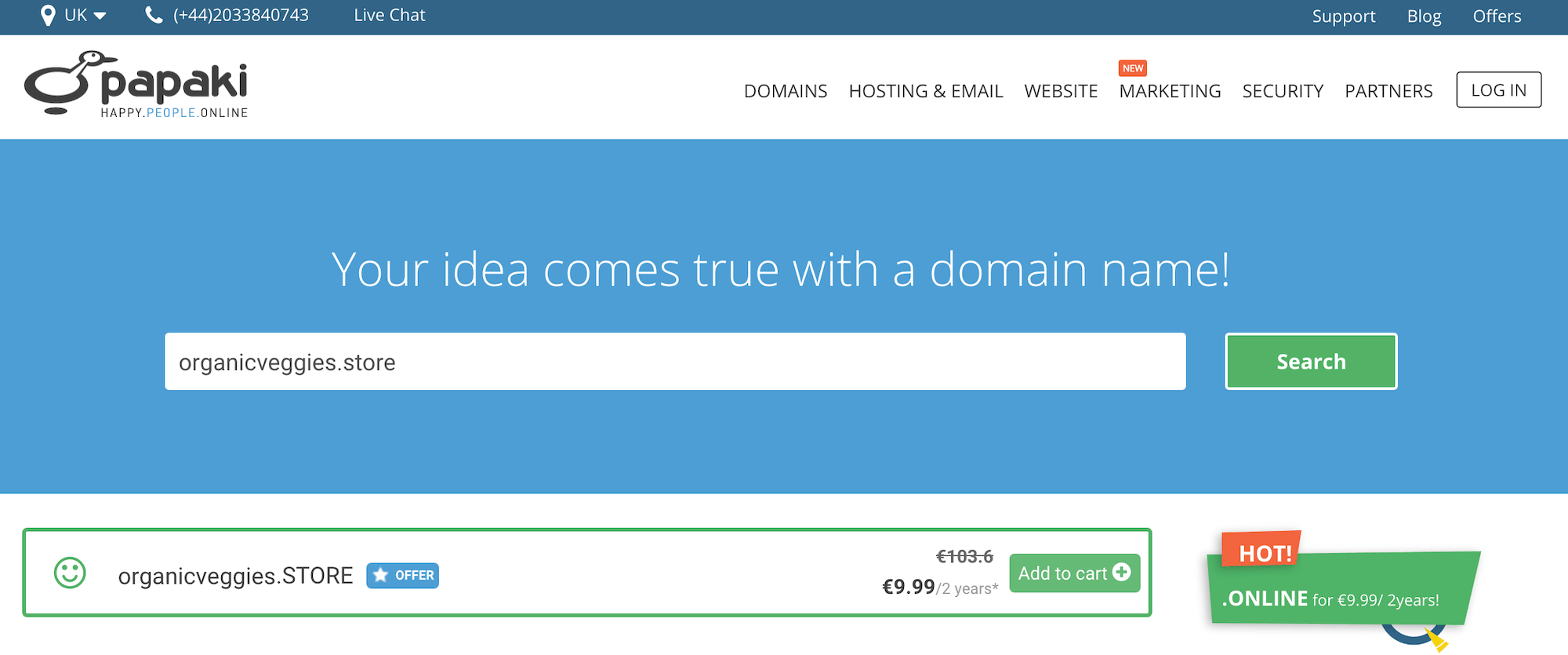Economic downturns are a cyclical trend that cannot be wished away or ignored. Not acting timely in such a scenario can be risky, but rash or poorly thought actions can be equally damaging for a business.
As the global economy witnesses a crisis owing to the COVID 19 pandemic, what can you do to safeguard your business or better still are there any opportunities that may be hiding in this recession?
A study carried out by Harvard Business Review in 2010 (Roaring out of Recession) found that during the recessions of 1980, 1990, and 2000, out of the 4,700 companies they studied, 17% fared poorly. However, 9% of the companies managed to recover within three years of the recession and managed to grow and outperform their competitors by at least 10% in sales and profit growth.
So, there is hope. However, what can you do to ride this wave of economic crisis and keep your businesses safe? Read on to find out more:
1. Reduce costs and increase efficiency
During the times of a financial crisis, it is important to stay ahead of the curve and reduce costs, but a myopic view on cutting costs could be detrimental in the long run. Companies that can do this quickly will fare better than those who take too much time just thinking.
A financial crisis could be an agent that pushes you into bringing long-overdue changes without putting your company’s future operations at risk. Focus on increasing efficiency and not only on reducing the workforce. Use technology to your advantage, employ lean methods of marketing, reduce the complexity of work, manage the supply chain better, and reduce storage and office costs.
Rather than cost-cutting, it should be viewed as cost management with a view on current cash flow generation and future growth when good times return.
2. Layoffs are not the only way to cut costs
Oftentimes layoffs are inevitable during a financial crisis, but laying off people is not the only way to reduce your labor costs. As per the same study carried out by Harvard Business Review, Roaring out of Recession, companies that relied less on layoffs for cutting costs emerged stronger. Letting go of your staff can prove expensive for the companies in the long run as hiring good people and training them is costly and time-consuming.
You could look at options such as reduced work hours, performance-linked pay, and furloughs. With technological innovation, the work from home option can also be a useful tool in reducing cost and providing flexibility to employees.
Retaining employees, especially in the time of economic downturns, can boost morale, enhance productivity, and encourage employee loyalty and benefit the company when the economy emerges from the recession.
3. Focus on customer service
Customer service should always be the focus of a business, but in the times of economic slowdown, this gets a lot more important. When cutting costs, you must ensure that you do not compromise on the customer service levels.
In a scenario when companies are laying off people, and customer service is not up to the mark, you can make a difference by upping your game by taking extra good care of your loyal customers. This will help with customer retention and will eventually fuel your customer acquisition too. Happy customers spread positive word of mouth which brings in new, excited users.
The graph below represents the changes witnessed in the consumer buying patterns, as shown by a study conducted by PWC on changing consumer behavior.

Companies that would have had a customer-centric approach and would have focused on providing online deliveries would have fared better than companies that stuck to the old ways.
4. Identify new opportunities
The current economic downturn has changed the pace of life worldwide; it has brought about changes that are sure to last for decades to come. These behavioral changes are likely to bring out new opportunities.
During the current pandemic, demand for hygiene products witnessed a huge upsurge, and the demand for groceries also went up.
Not only are eating and hygiene habits witnessing a change, but major changes can also be seen in the way people spend their leisure time and the way they socialize. Some of these trends are likely to continue in the long term.
Therefore, this is the time to put your head down and get cracking on that business idea. Do you have access to a small organic farm? Then start selling those fruits and veggies online. All you have to do is set up a store on one of the eCommerce platforms and register a domain name such as www.organicveggies.store and start selling!

Ryan Foland, one of the top personal branding experts recently launched a store on www.stickfigure.store where he sells mugs and masks and sends all the profits to charity. It’s a project he wanted to work on and now was the perfect time to execute it.

5. Embrace the digital space for marketing
A lot of B2B companies focus on event marketing, and some may depend heavily on industry conferences. During current times the emphasis has shifted to the digital space. While some companies made this transition rather quickly, some are still struggling.
Content-driven marketing and online events such as webinars, podcasts, and day-long virtual meets can offer valuable alternatives. Since everyone is stuck at home, these online events may have higher attendees than physical events. The flexibility to attend from anywhere could also add to their success.
For example, one of the top tech conferences, TNW Transform is now on www.tnwtransform.online.
6. Increase your search visibility
Many industries are seeing organic growth in online traffic. Internet usage has gone up globally, and people are looking for more information and options online. This is a good time to focus on improving your search visibility.
Good content reaps benefits for years to come. Even if, during a downturn, the business does not immediately benefit from it, relevant content will generate traffic and leads for several years.
Investing in SEO will provide you with an edge over your competitors and increase your market share in the long run.
7. Rethink your product mix and pricing
Shifting customer needs during an economic crisis can serve an opportunity to rethink your product mix and pricing. Faced with a financial crisis, customers may opt for lower priced items, focus on essentials, and may forgo some discretionary purchase.
The recession could serve as a hidden opportunity to rethink the product and pricing mix with a long term view. You could look at providing lower-priced options for your most popular products. There might still be a few customers who might be willing to pay the full price. Discounts and loyalty points can also help in retaining existing customers and attracting new ones.
8. Invest with the future in mind
While this may appear to be the last thing in mind when the motive is just to stay operational, this is an aspect that cannot be ignored. An investment made in present times in areas such as product innovation and development will bear returns in the times to come and will be instrumental in economic expansion for the organization.
Costs for this investment in the present scenario will be lower owing to the economic crisis, and it could prove to be cost-effective both in the short and long run.
Conclusion
History is a testament to the fact the economic crisis doesn’t last, and ultimately the economy does bounce back. Make the best of the available opportunities and let your business flourish. Keep the above-mentioned points in your mind and sail through this crisis smoothly.






Join the Discussion